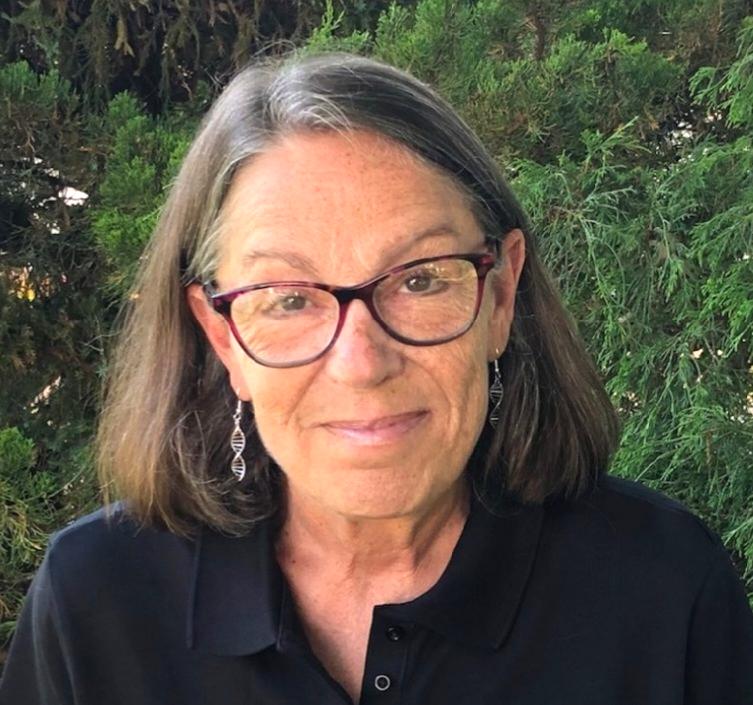By Cindy McQuay
Cindy Olson McQuay was adopted at three months old, and that has always been a core part of her identity. From a young age, she wanted to uncover her origins and understand her story. Her adoptive parents fully supported that quest. When she turned 18 and tried to obtain her adoption records and original birth certificate, she faced significant challenges common to many in the adoption community. This struggle ignited her passion for advocating for the rights and needs of adopted people. She works to raise awareness about the trauma of separation, promote family preservation, and expose flaws in the adoption industry and foster care system. With the rise of DNA testing, she became a search angel, particularly helping Amerasians identify their American GI birth fathers. She has a wonderful husband of 32 years with whom she’s raised three remarkable adult children who, along with their three grandchildren, bring them immense joy. She pours her heart and soul into Healing Retreats for Adoptees, DCPs, LDAs, and NPEs; Hiraeth Hope & Healing, Inc., which she co-founded in 2019.

Gavel Stock photos by Vecteezy

